Steph W. from SEOPressor


...help you check your website and tell you exactly how to rank higher?


84
score %
SEO Score

Found us from search engine?
We rank high, you can too.
SEOPressor helps you to optimize your on-page SEO for higher & improved search ranking.
By vivian on March 20, 2017
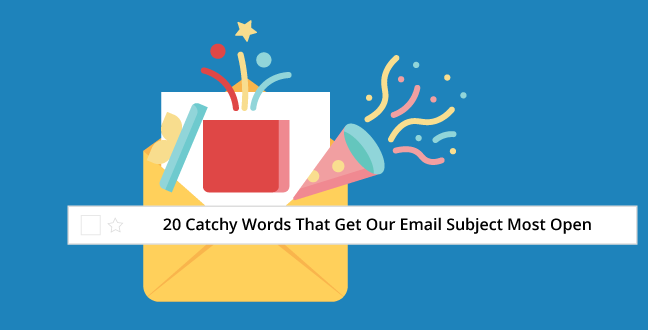
Writing best email subject for emails is tricky even for seasoned internet marketers like us – there’s a lot of guidelines and tips out there on email subject line best practices, but many of them aren’t necessarily universal.
That being said, today I’d like to share with you the top power words and phrases that worked for us in creating eye catching email subject lines, as well as an analysis of why we think each one managed to succeed.
Now, this list was a long time in the making. We sent over one thousand marketing emails to people on our lists before we pulled their performance data and started analyzing it.
You should be ready to do the same – we think our list of power words will be a good start, but the only way to truly succeed with email marketing is to see what’s working for you and do more of that.
Before we get to the list, though, we need to actually define the types of words we’re using.
In one of its articles, SmartBlogger outlined seven characteristics of “power words“, or words that tend to have an outsized impact on the reader. They can be briefly summarized as follows:
Buffer suggested a few other methods of categorizing words and phrases, expanding on the seven above:
Now, aside from defining the kinds of catchy words we’d be checking for, we also had to define our criteria for success.
After some discussion, we decided to focus on words that showed up in emails with a 7-16% open rate – that is, the most successful words. Some of these words were used in more than one message, or sent more than one time, so you’ll see several numbers associated with those particular results.

The clear emphasis here is on benefits and rewards – and more particularly, a sense of service. We sent this email out to people who’d actually done something like buying one of our products, and the second part of the email subject line was created as a teaser to let them know we had something say besides simply thanking them. That definitely added a sense of immediate value, and the message wound up with a very respectable open rate.

This word focused on a sense of urgency, scarcity, and anticipation for our audience. The first one was a particularly exciting one, while the second – quite interestingly, in my view – actually had a higher open rate despite the lower energy.

This email subject line was focused on being emotional and invoking a sense of curiosity. I think “changes” was the real keyword here – it’s not a power word all by itself, but it’s the subject our power word applied to, and most people who are doing SEO care quite a lot about changes that could affect their ranks.

For this subject line, we also focused on a sense of curiosity – as well as a certain degree of discovery. One thing we’ve noticed is that many people doing inbound marketing like the sorts of easy tricks and tips that can help them raise their rank, and this line proved how effective addressing that could be.

This was a clear fear of missing out subject line. Note the last two words, describing the actual savings people could expect to see – this was an email subject line targeted at people who saw budget as a concern, and it worked.

This power word focuses on the benefit to the reader – that is, the way our product could help them achieve their goals. Everybody likes succeeding, after all.

This was essentially another version of #5, sent multiple times, and it had a similar success rate. We also aimed for an element of curiosity by not finishing the subject – that is, we got people to ask “seventy-two what?” and open the email to find out.
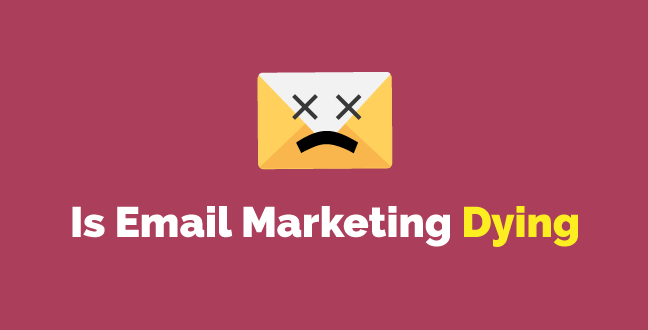
Many people wonder if email marketing is still worth it (yes, it is), and we targeted this email to people who weren’t entirely sure. Dying is a pretty strong word, and we followed it up with another power word – Whoa – to add an element of surprise and curiosity.

This was a complicated line. We focused on scarcity (time limit) and benefit (the sale), but also on a kind of absoluteness with the word ‘final’. It ended up working out rather well.

I thought my team was kidding when they approached me with this suggestion for an email subject line. Addressing the fear of wasting time turned out to be surprisingly effective, though, especially when we mixed in some curiosity about ways to succeed.
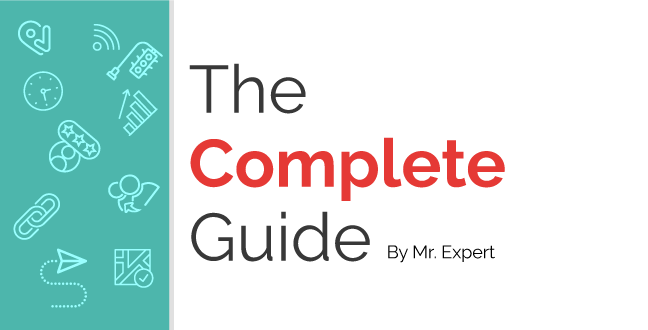
This was another benefit/reward subject. “Complete” isn’t very strong as far as power words – it arguably doesn’t even deserve the name – but it ended up with a very respectable open rate when we targeted people who were already doing SEO and wanted to stay up-to-date with it.

Now this email subject line got people’s attention. This was one of our most-opened messages ever, and just goes to show how much people like getting things at little or no cost to themselves, especially when it’s a better version of something they already like and use.

Here we have another standard benefit/reward email subject line, with a little bit of FOMO mixed in. Everyone knows sales don’t last forever, and that was enough to generate one of our higher open rates.

We ended up sending this email several times because it really did work. People generally like new things, and the exclusive benefit we were offering was strengthened by the suggestion of easily generating quite a lot of blog titles. (Despite the ellipsis at the end, the first part of the subject told them what they’d be getting – an important factor in its success.)

Here’s another email subject line whose success surprised me – I mean, who actually expects their competition to tell them anything? Still, the exclusive and forbidden nature of the subject line clearly resonated with a part of our audience.

This was a straightforward time-sensitive subject line, and I think the fact that it was a webinar (i.e. something involving a lot of effort to put together) helped to convince people this was worth paying attention to.

Another “new” email subject line, this one focused on a degree of exclusivity and a measurable reward (staying time) that a good part of our audience wanted. Changing WordPress themes isn’t something done on a whim, but quite a few people were clearly willing to do it for the kind of benefit suggested.

This was a line focused on curiosity – indeed, directly asking the reader a question – and the strong concept of success in the second half of the subject served as a support to drive home the importance of the message.
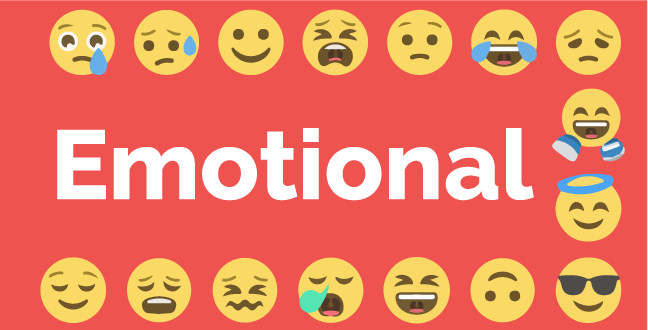
“Emotional” is an unusual word to use in marketing, and our team at the office wondered if we could get people curious about what we meant. Going by the success rate of this email subject line, that was a resounding “yes”. I wouldn’t try it for every message, but sometimes, going outside the box pays off.

This was another email subject line that got cut off, although we managed to provide enough contextual clues to make it clear we were talking about transactions (and, therefore, profit). Many people clearly reacted well to the idea of being given more profit.
Outside the use of catchy words, we noticed that some subjects always got higher open rates – things related to SEO, Google, and (unsurprisingly) our own products did the best, while somewhat less-related topics like social media and video marketing tended to score lower.
You may find more ideas for topics that are related to your product using BiQ’s Keyword Intelligence.
For example, these are the related topics for Yoga Beginner:
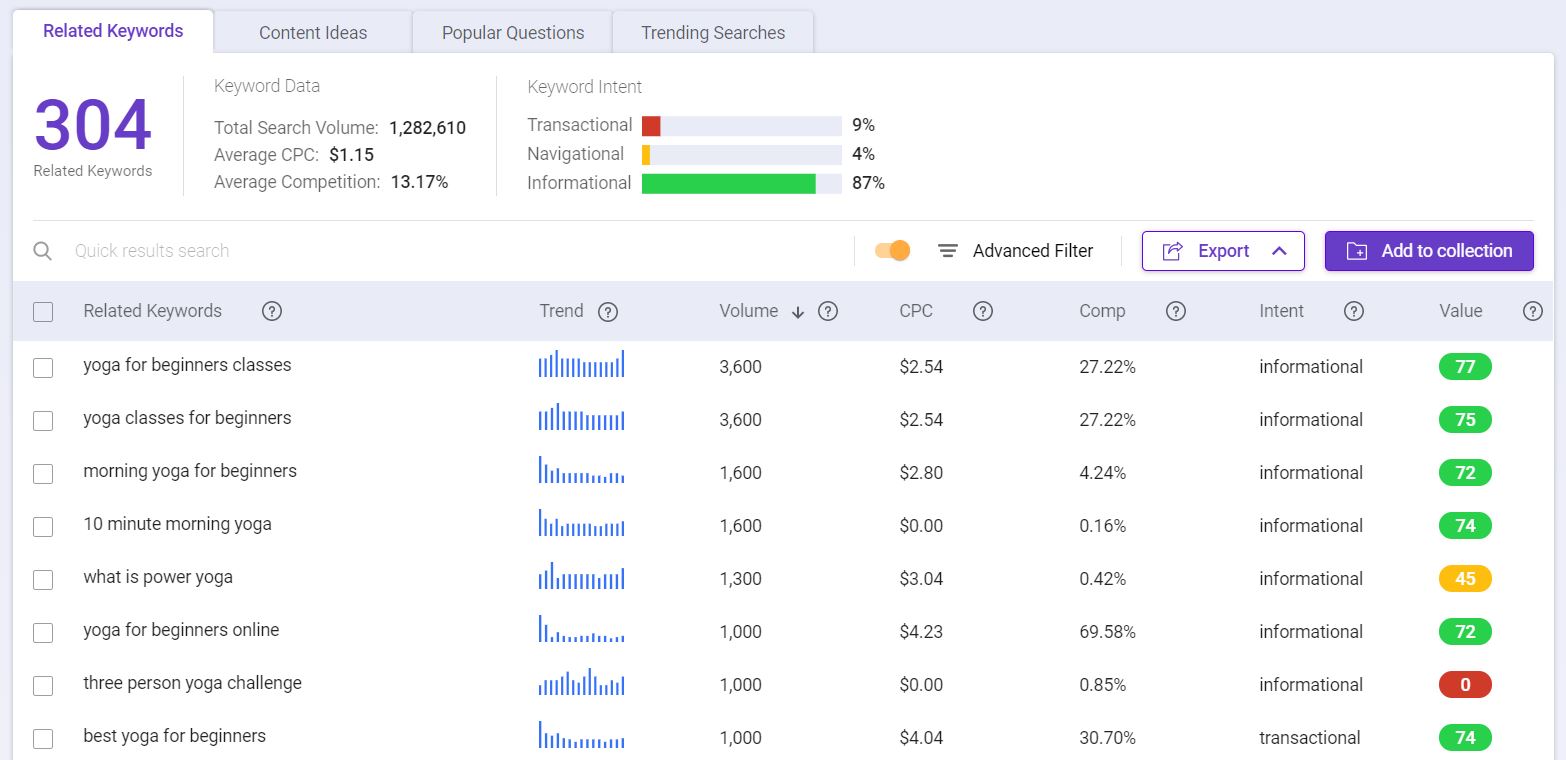
We can see the probability people making any transaction after clicking the subject is low. This is because their intent is more into looking for information instead of making any purchase.
If you are writing an email to tell them about the $99 yoga class for beginners, they may straightaway reject it because it doesn’t match with their intent – they are just looking for information…
But you can attract them by using the catchy word #13 – SAVE!
Save $200 – Yoga Class For Beginner [Limited]!
Knowing the keyword intent can help you better in matching people’s need and also entice them to click the subject. Try BiQ’s Keyword Intelligence for free now!
In the end, then, the best thing to do is see what words work best for your unique business and capitalize on them. The more you understand about why something’s working, the more successful your marketing campaigns are likely to become.
Related Links
Updated: 28 February 2026


Save thousands of dollars (it’s 100x cheaper)

Zero risk of Google penalty (it’s Google-approved)

Boost your rankings (proven by case studies)
Rank High With This Link Strategy
Precise, Simplified, Fast Internal Linking.
